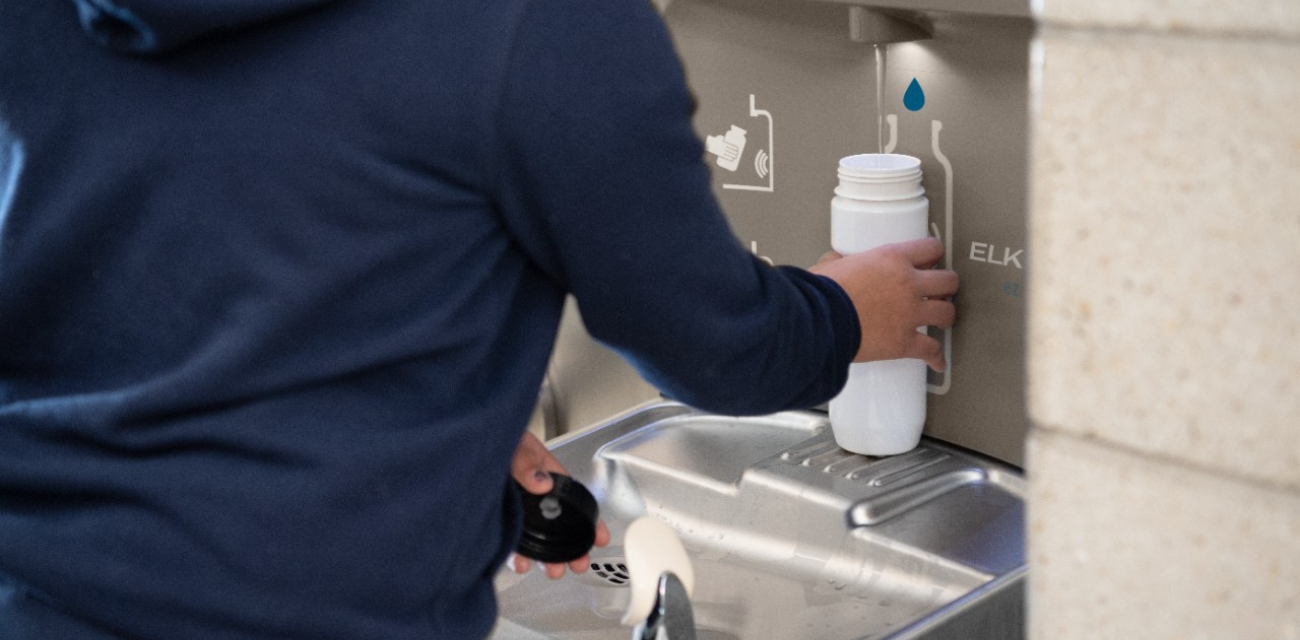Michigan establishes strictest lead and copper protections in country

Michigan Environmental Council commends Gov. Snyder and his administration for today establishing the strictest Lead and Copper Rule in the United States.
“By strengthening our Lead and Copper Rule to be the strictest in the nation, Gov. Snyder has put Michigan in a leadership position for safeguarding human health,” said Environmental Council President Chris Kolb. “Michigan Environmental Council supports this important advance that will protect our children and families and future generations from lead exposure in drinking water.”
The LCR is part of the Safe Drinking Water Act and was first published in 1991 to protect public health by minimizing our exposure to lead and copper in our drinking water. By 1997, all large water systems had to be in compliance with the LCR.
“What Michigan and the nation learned from Flint was that many water systems had not done everything they were supposed to have done to comply with the LCR, thus giving the public and all of us a false sense of security,” said Kolb. “Michigan’s new LCR will make compliance a serious priority for communities across the state. We know that lead poisoning is completely preventable. With this new requirement to completely remove all lead service lines, Michigan is taking the crucial steps necessary to get lead out of our drinking water systems,” added Kolb.
The new LCR will require the removal of the estimated 450,000 lead service lines in Michigan by 2040. It will also:
- Require all public water systems to develop and implement plans to remove any lead pipes in their systems, at the expense of the public water system. They must begin removing lead service lines the year after the rule takes effect (roughly 2020) at a rate of at least 5% per year.
- Reduce the Action Level for lead from the current 15 ppb to 12 ppb by 2025. While no amount of lead is safe, this is a step in the right direction.
- Require communities to re-inventory their systems to identify where there are lead pipes.Re-create sampling pools of the highest risk homes to test for lead in the drinking water; improve sampling protocol to better detect the presence of lead in our homes.
- Ban partial lead service line replacements except when emergency repairs are done and the owner or the owner’s agent doesn’t approve the lead service line replacement.
- Significantly improve public education requirements to better protect public health.
- Create a statewide drinking water advisory council as well as advisory councils at the local level to engage the public in our public water system decision-making processes.
Taken together, these revised rules will help to better protect, inform and engage Michigan families from the potential harm from lead exposure in drinking water.
Studies show that 20% to 40%t of a child’s lead exposure can come from drinking water.
Discover
Power environmental change today.
Your gift to the Michigan Environmental Council is a powerful investment in the air we breathe, our water and the places we love.
Sign up for environmental news & stories.
"*" indicates required fields




